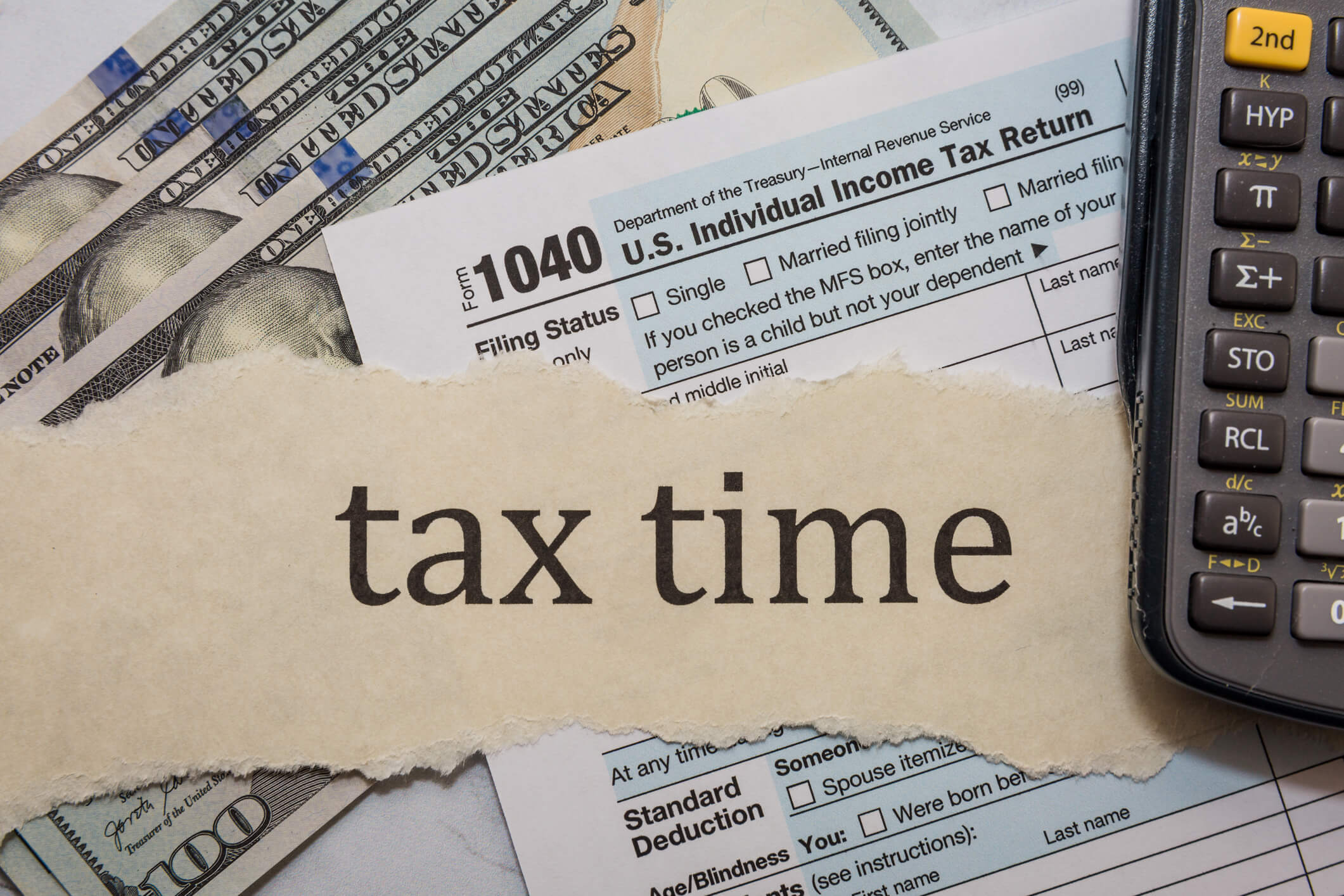Navigating Taxes for Startups
Startup businesses usually start with high costs and limited revenue and fail to enter the market correctly. Many startup businesses need help to form an image, a reputation, and a brand name. For small business owners who are always trying to cut down their costs and expenses, it is hard to pay taxes, especially if they are already in tax debt. Businesses must pay taxes to the government as the government needs funds and resources to increase economic growth. The five types of significant business taxes are gross receipts, corporate franchise, employment withholding, excise, and value-added taxes (VAT).
Businesses pay income, property, and sales taxes, but these aren’t explicitly considered business taxes. All types of small businesses have to pay 19.8 percent of the average tax rate. Small businesses with one owner pay an average 13.3 percent tax rate, and those with more than one owner pay 23.6 percent. New companies have higher costs than old businesses because of the startup costs incurred to make the business functional.
Tax Challenges for New Businesses
In contrast, stable businesses are already operational; hence, they don’t require as many operational costs as startups. And to top all of it, the IRS releases new business tax laws almost every year, which gets quite challenging for new businesses to handle.
New or small companies sometimes fail to pay their taxes on time, face late fees or penalties, and are put on faulty taxpayer lists. Many small business owners work hard to achieve their profits, only to pay a significant portion in taxes.
Tax season is always hectic for business owners as you have to be very careful of the tax calculations and ensure you are not overpaying your taxes. For new business owners, it can be hectic and confusing at the same time as they probably have no idea how to file taxes and what the requirements of the IRS for tax-paying are.

Here’s what you would need at the time of paying tax:
- Old tax records from previous years. (If this is your first year operating, skip this step.)
- Bank statements, credit card statements, and other bank-related documents.
- Payroll documents.
- Partnership agreements (if you are not a sole trader)
- Financial statements and documents include Income, Balance Sheet, and Cash Flow Statement.
How do You Calculate and Pay the Taxes?
If you are running a small business, the chances are that you will have to pay taxes every three months. Quarterly tax payments are allowed for small companies, as paying a large sum of tax at the end of the year can be challenging for small businesses. Delivering payments four times a year can also be beneficial as your business can avoid penalties, and you can maintain your cash flow.
To calculate your business’s quarterly tax, you have to evaluate your business’s gross income, taxable income, deductions, and credit. The IRS also provides new companies with an estimated tax worksheet if they do not file their taxes. Another way you can calculate your taxes is by dividing the income tax expenses by the earnings (or income earned) before taxes and then further dividing it by four.
You can pay your taxes by filling out Form 1040 ES, and then you can mail a check or pay online using the IRS payment site. For big corporations, the Electronic Federal Tax Payment System is the way to pay taxes. There are employee-related taxes that a business has to pay, too. To pay those taxes, you will have to fill out Form 940.
You must also calculate each employee’s Medicare and Social Security tax share, filing Form 941 and matching their contributions. The four standard dates to pay the taxes are the 15th of four months- January, April, June, and September. You can also find tax deductions over vehicles, contract labor, depreciation, wages, supplies, and operational costs.
 About Complete Controller® – America’s Bookkeeping Experts Complete Controller is the Nation’s Leader in virtual bookkeeping, providing service to businesses and households alike. Utilizing Complete Controller’s technology, clients gain access to a cloud platform where their QuickBooks™️ file, critical financial documents, and back-office tools are hosted in an efficient SSO environment. Complete Controller’s team of certified US-based accounting professionals provide bookkeeping, record storage, performance reporting, and controller services including training, cash-flow management, budgeting and forecasting, process and controls advisement, and bill-pay. With flat-rate service plans, Complete Controller is the most cost-effective expert accounting solution for business, family-office, trusts, and households of any size or complexity.
About Complete Controller® – America’s Bookkeeping Experts Complete Controller is the Nation’s Leader in virtual bookkeeping, providing service to businesses and households alike. Utilizing Complete Controller’s technology, clients gain access to a cloud platform where their QuickBooks™️ file, critical financial documents, and back-office tools are hosted in an efficient SSO environment. Complete Controller’s team of certified US-based accounting professionals provide bookkeeping, record storage, performance reporting, and controller services including training, cash-flow management, budgeting and forecasting, process and controls advisement, and bill-pay. With flat-rate service plans, Complete Controller is the most cost-effective expert accounting solution for business, family-office, trusts, and households of any size or complexity.



